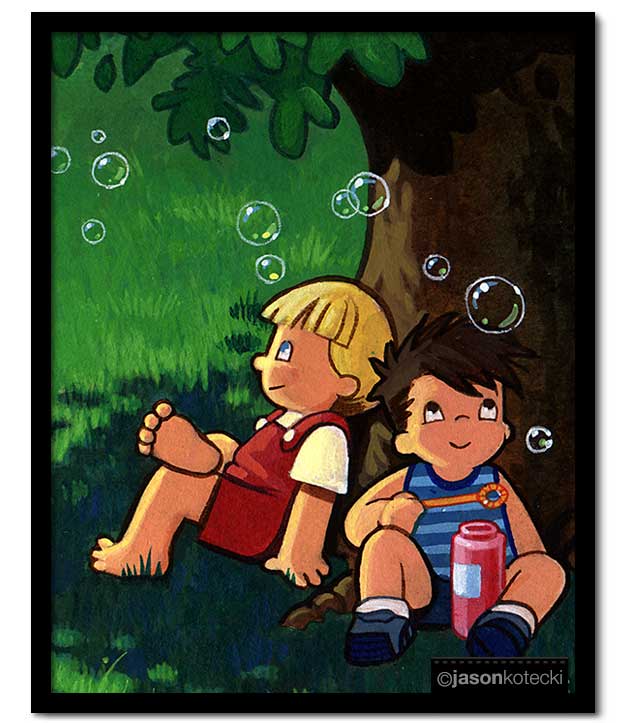
Can something be good for the environment, but really bad for people?
Yep.
In discussions about how to best care for our planet, you’ll often hear about the importance of carbon neutrality, which refers to having net-zero carbon dioxide emissions. Net-zero is the result when there’s neither a surplus nor a deficit of something specified when gains and losses are added together. It is often used to describe buildings that produce enough energy (as through solar panels or passive heating) to offset any energy consumed.
It occurred to me the other day that although “net-zero” may be an ideal objective for our environment, it’s a terrible goal for people.
Quite simply, a net-zero life is a life that didn’t matter.
It’s a heavy question, but is the world better or worse off because you were here?
Granted, the world would have been better off if Jack the Ripper had lived a net-zero life. Special cases aside, it’s my hope that readers of this newsletter have a higher calling than “Serial Killer.”
If you were to add up all the good stuff you’ve done and subtract all the time you squandered by sitting on your couch watching TV, mindlessly scrolling on your phone, shaming someone on Facebook, or simply being busy with things that just don’t matter in the long run, where do you come out?
I like to think I’d come out ahead, but some days are certainly better than others.
I know children who only needed a handful of years to make the world better before their lives ended too soon. If you spend fifty, sixty, seventy, one hundred years on this planet, and the world does not have a surplus of gains because of your presence, that’s a fail.
If you’re reading this, I’d bet anything that the world is I’m fact better because you’re in it. But that doesn’t mean we shouldn’t be challenged to improve.
Keep in mind that you don’t have to run for Congress or have a library named in your honor to have made a difference. What is required is that you share your gifts with the world.
I recently read about how Zig Ziglar had a wall in his office with photos of twenty-six men and women who had a huge impact on his life. He called it his wall of gratitude. I was inspired to write my own list. I would guess that at least half the people on it have no idea how much of an impact they made in my life. Some of them have passed away and others I haven’t seen in thirty years.
A baseball coach gave me confidence by believing in me more than I believed in myself.
A college professor taught me how to push myself to make better art.
A banker friend used his clout to vouch for Kim and me, granting us a home loan when no one else would.
Here’s the secret. The stuff that really matters is often invisible to the world at large. Do you know who planted your favorite shade tree in the park?
We, too, will probably never know the full impact we have on the world. But we do know how we spent our time yesterday, and how we plan to spend it today.
Plant a tree.
Mentor a teenager.
Bring flowers to an elderly neighbor.
Use your station in life to make someone’s life better.
Today is your shot. When it’s over, will the world be a little better off thanks to the actions you took today? I hope so.
Don’t settle for a net-zero existence.
